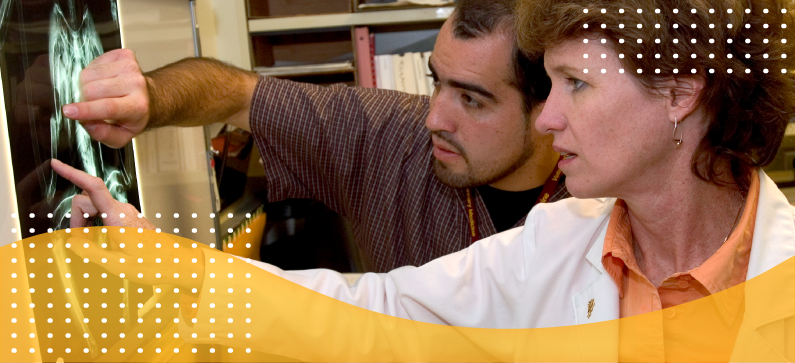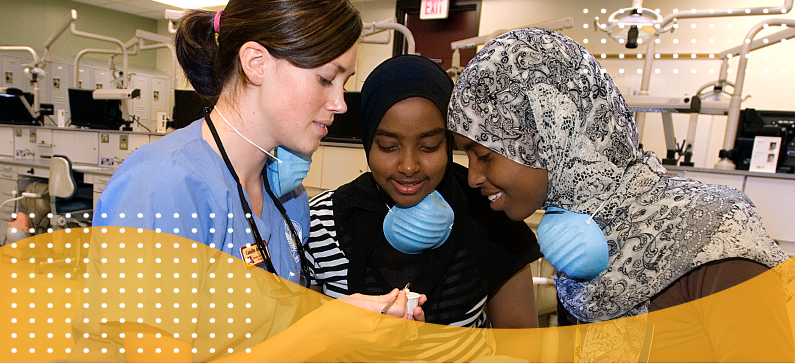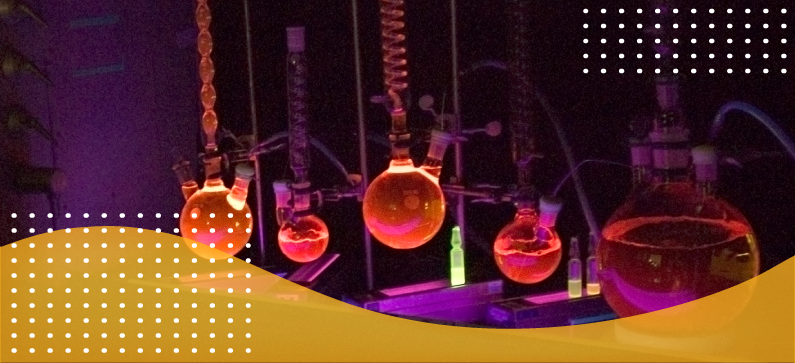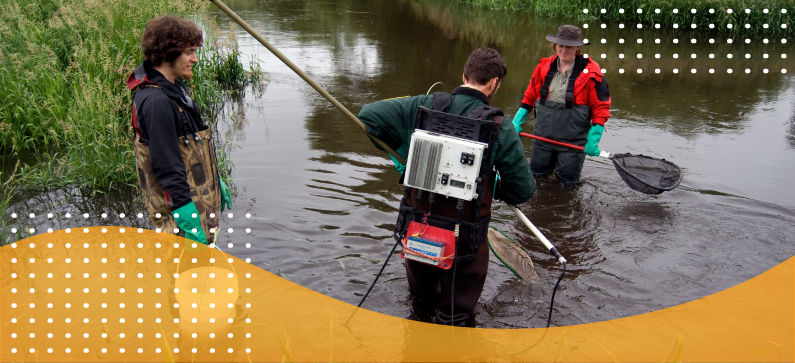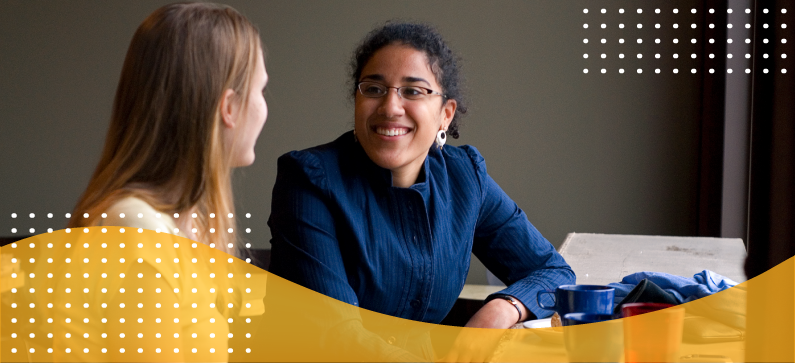Investigating Neurofeedback as a Novel Treatment to Alcohol Use Disorder
In the United States alone, an estimated 15 million people suffer from alcohol use disorder (AUD). Of the select few who seek treatment, 70% relapse. Limitations of current treatments and disbelief in treatment effectiveness are leading factors in the current bleak status of recovery; therefore, improvements to treatment options are paramount. A treatment that is currently being explored is neurofeedback, which incorporates a hybrid of brain training and imaging to improve the patient’s awareness, brain control, and neuroplastic processes. Neurofeedback has been studied since the 1930s; however, limitations of past technology and lack of prior interest in relevance to addiction leaves much to investigate. Recent speculation centers around the theory that the treatment is a ‘super placebo’: a combination of fascinating technology and novelty that convinces the patient they are improving yet leads to no medical change. Recent studies have begun to address this speculation with promising results; however, too much speculation remains to standardize neurofeedback as a treatment to AUD. This study aims to address the following questions: Does neurofeedback lead to neurological change associated with AUD? Does neurofeedback, isolated from the placebo effect, improve AUD outcomes? How can neurofeedback be improved and implemented as a potential treatment option? In this study, a group of patients with AUD will receive neurofeedback training sessions while the control group will receive sham neurofeedback sessions. Throughout the study, the participants will be assessed with psychological surveys, brain scans, and craving tasks to determine the effectiveness of treatment. Although patients have not yet entered the study, extensive research has been conducted through pilot studies, literature reviews, and collaboration with other investigators. Neurofeedback was supported as a novel treatment to AUD, especially in addition to current treatment. Mild correlations of neuroplasticity and health benefits have been observed; however, the study will investigate this further.
